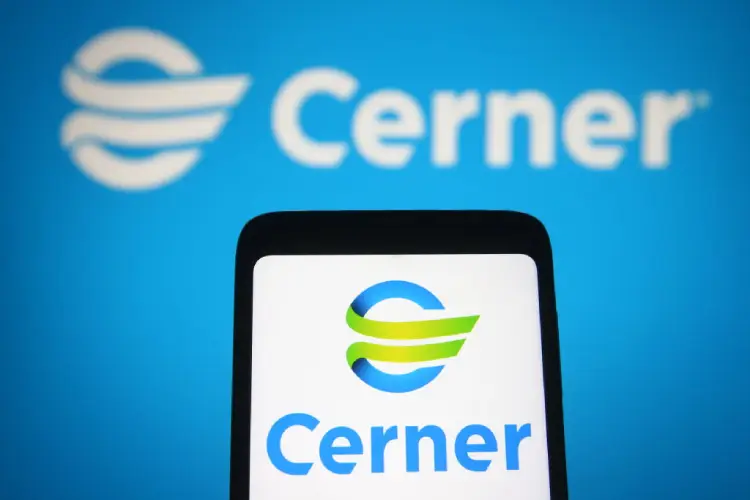
Oracle has announced its biggest-ever acquisition by purchasing electronic medical records company Cerner in a deal worth $28bn. The database giant is starting to make its presence felt in the cloud market, and buying Cerner could give it a head-start in the potentially lucrative health cloud vertical. The move could prompt the public cloud hyperscalers, which have so far been reticent to invest in health, to look for similar deals.

Reports of talks between the companies first surfaced late last week, and the deal was confirmed on Monday. Oracle will pay $95 per share to Cerner investors, giving the takeover an overall value of $28.3bn. Cerner is one of the biggest players in the electronic health records market, posting revenue of $5.5bn in 2020.
“With this acquisition, Oracle’s corporate mission expands to assume the responsibility to provide our overworked medical professionals with a new generation of easier-to-use digital tools that enable access to information via a hands-free voice interface to secure cloud applications,” said Oracle founder and CTO Larry Ellison. “This new generation of medical information systems promises to lower the administrative workload burdening our medical professionals, improve patient privacy and outcomes, and lower overall healthcare costs.”
Why is Oracle buying Cerner?
Oracle has often been derided as being slow to the cloud, and it retains only a small share of the public cloud market, according to data from Synergy Research Group. But the company now seems to have settled on a strategy that combines cloud services with its traditional physical solutions.
Oracle buying Cerner will have an immediate positive impact on its cloud business and strike a blow to market leader, Amazon's AWS, says Abhishek Mundra, practice director at Everest Group. "The acquisition will give boost to Oracle’s infrastructure as a service and database business, as Oracle will eventually have Cerner running on Oracle infrastructure as seen with other Oracle applications," he says.
Cerner initially stored its data on private servers, but made the switch to AWS in 2019. "Our work with Amazon and AWS is a key component for the next chapter at Cerner," Brent Shafer, chairman and CEO of Cerner at the time said. However, the companies confirmed yesterday that Cerner's services will now switch to Oracle's gen2 Cloud instead.
On a strategic level, Mundra says the announcement comes "against the background of major platform companies looking to make their presence felt in industry-specific clouds, which is touted to be the next race to win the cloud war." He adds: "Healthcare is one of the major technology markets out there. Everest Group estimates that technology services spending in US healthcare will grow at a CAGR of 7.5% for the next five years, adding an incremental $25bn to an already whopping $56bn [market]."
The battle for health cloud dominance
Tech Monitor has previously reported on the increasing importance of industry-specific cloud offerings to the big public cloud companies. But despite widespread recognition of the potential for health cloud services, so far tech's biggest names have not invested substantially in healthcare, with only Microsoft splashing the cash through its $20bn purchase of AI voice recognition company Nuance, which provides tools for healthcare professionals.
Microsoft launched a healthcare-specific cloud in October 2020, but so far the market's other big two, AWS and Google Cloud, have yet to do so. Mundra says the acquisition gives Oracle a "head start" in health cloud. "It provides it access to a strong client base and tons of healthcare data that lies with Cerner," he says. "To see substantial gains, Oracle would eventually need to develop new cloud applications on top of Cerner to plug the current gaps in the broader healthcare ecosystem and EMR segment."
Cerner does about 70% of its business in the US, where it holds a 25% share of the EMR market. The company says it processes millions of healthcare records, and this anonymised data could be used by Oracle to develop and train new cloud AI products for the health market.
Mundra believes cracking EMR will be important for tech companies looking to build out health cloud services, so the other leading companies in the space could also become acquisition targets. "With Oracle making the first move, expect more activity in this segment from the big four of tech – Amazon, Microsoft, Google and Salesforce," he says.






